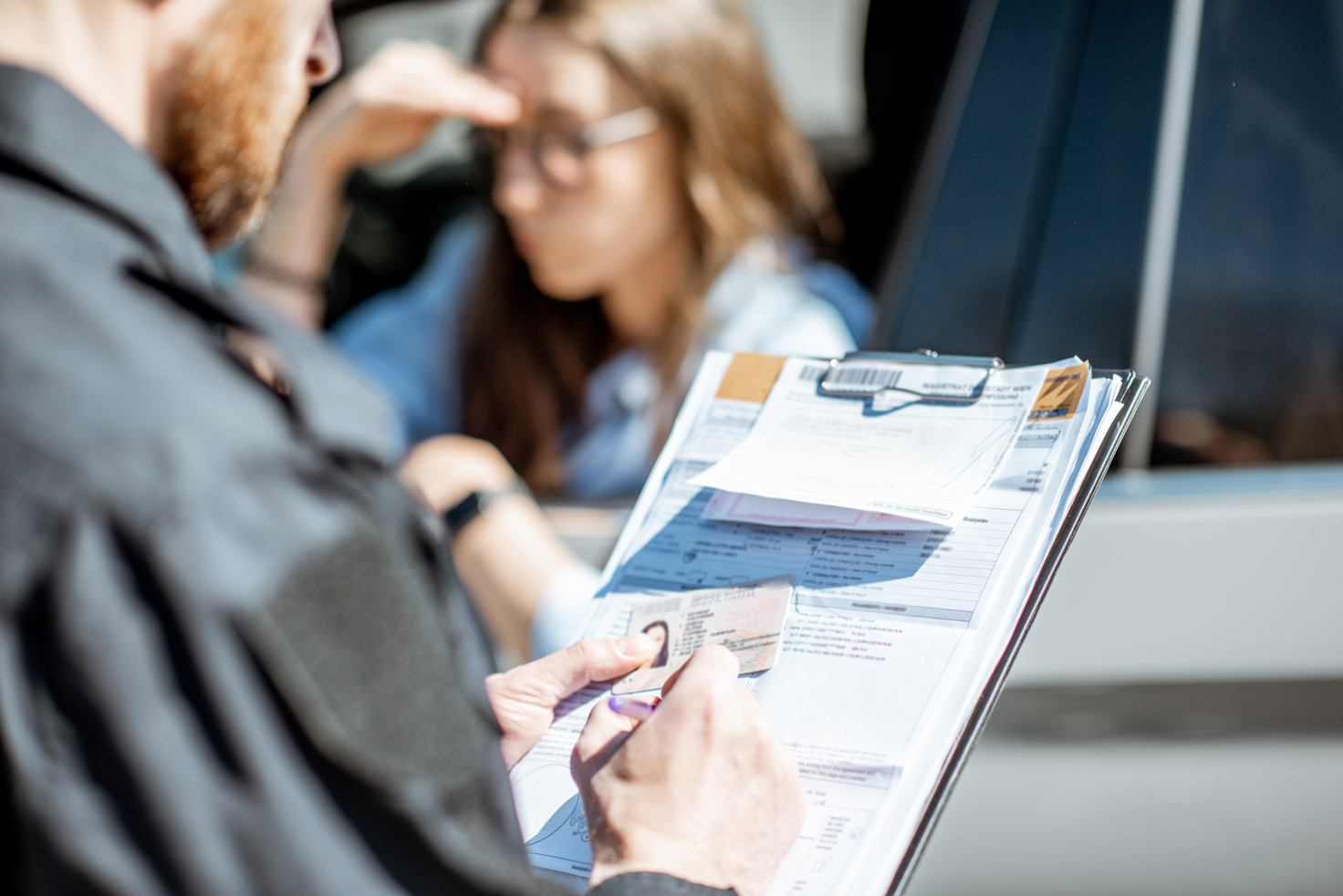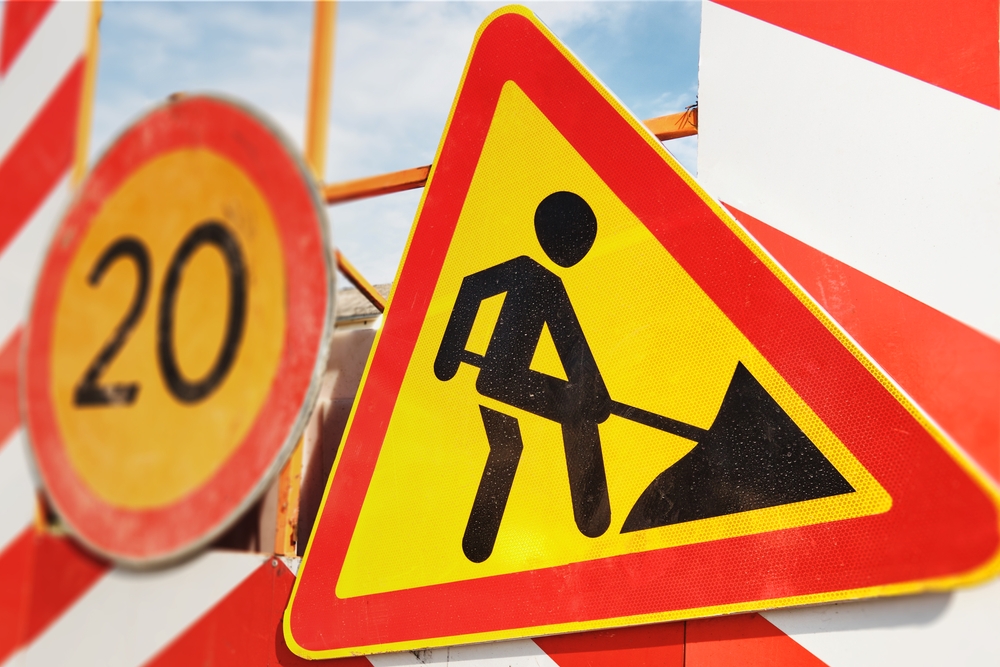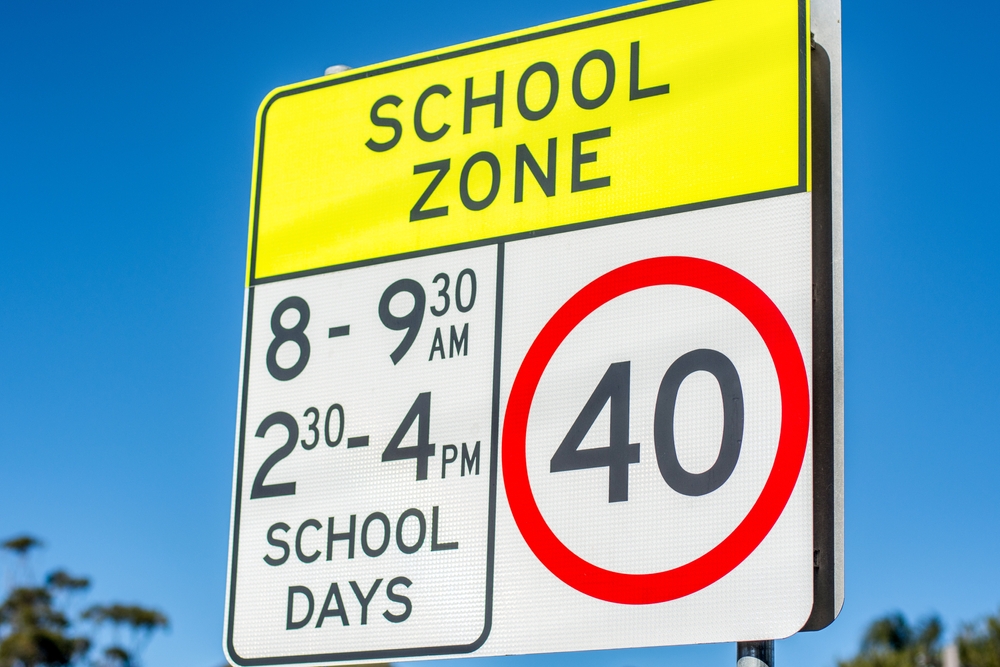Speeding Ticket Lawyer
Fighting a speeding ticket involves several key steps, such as contesting the charge, selecting the right legal representative, and preparing for court. Each stage requires careful preparation and understanding of traffic laws. It’s important to know your options and make informed decisions to ensure the best possible outcome.
Choosing a Speeding Ticket Lawyer or Paralegal
Selecting the right legal services provider is essential. It’s best to consider hiring a paralegal specializing in traffic tickets. A good legal representative can guide you through the process and help build a strong defence to challenge your ticket. OTD Legal has experienced paralegals who understand the intricacies of traffic law and can provide skilled representation in order to protect your rights and achieve the best possible outcome for your case.
When choosing, check their experience and success rate with similar cases. It’s also wise to discuss fees, so you understand any costs involved. A reliable paralegal should offer a clear explanation of potential outcomes and available strategies.
Strategies for Legal Defence Against Speeding Charges
Contesting speeding tickets effectively requires a deep understanding of the different and complex laws surrounding speeding tickets. This allows firms like OTD Legal to properly craft unique defence strategies based on the unique circumstances of your situation. Sometimes this includes questioning the accuracy of speed measuring devices, understanding the nature of offences like absolute liability, and considering negotiation tactics.
Challenging Radar and Laser Readings
Radar and laser devices are commonly used to measure speed. Accuracy issues can arise due to calibration errors or improper use. It’s crucial to verify whether the device was maintained and used correctly. Cross-examining the officer about procedures and device conditions can reveal inconsistencies.
Errors in measurement can potentially weaken the prosecution’s case. An effective defence scrutinizes the maintenance logs and certification of the device. Examining environmental conditions, such as interference from weather or physical obstructions, might also support a defence strategy.
Absolute Liability Offence and Speeding
Speeding is an absolute liability offence, meaning intent or negligence is irrelevant. The mere act of speeding can be sufficient for conviction. However, specific defences can mitigate consequences.
These could include establishing reasonable doubt about the occurrence of speeding or demonstrating improper signage could also be beneficial. While absolute liability limits defence options, certain legal arguments could still lead to a favourable outcome.
Negotiating Plea Deals
Plea deals can be an effective way to reduce penalties associated with speeding charges. By negotiating with the prosecutor, it might be possible to have charges reduced from a major serious offence to a lesser, minor charge. This could mean fewer demerit points or lower fines.
Legal professionals, like those at OTD Legal, can negotiate by highlighting the defendant’s clean record or showing evidence that questions the strength of the prosecution’s case. Offering to attend a driving course as part of a plea deal might also be attractive to the prosecution. Legal professionals have a relationship with the prosecutors and will know which prosecutor to approach to achieve the best possible outcome.
Speeding vs. Stunt Driving Charges
Different types of speeding charges can have varying impacts on your driving record, consequences include fines, demerit points, and increases to your insurance premiums.
Regular speeding charges typically entail fines and demerit points, which can accumulate over time. For instance, speeding 1-15 km over the limit carries no demerit points, while speeding 16-29 km over results in 3 demerit points. The fines for speeding range from $2.50 to $9.75 per km over the limit.
In contrast, a stunt driving charge is a completely different charge, it does involve speeds 50 km over the limit. It may lead to six demerit points, hefty fines, license suspension, and even jail time. Being charged with stunt driving often results in significant legal and financial penalties.
The Role of Licensed Paralegals
Licensed paralegals understand the nuances of traffic laws and the legal system. Paralegals offer services such as reviewing the details of the offence, assessing possible defences, and preparing clients for court appearances.
At OTD Legal, paralegals use their experience to craft a legal strategy tailored to the specific circumstances of each case. Their goal is to ensure the best possible outcome for their clients, whether that means having the ticket withdrawn or dismissed, reducing fines, or minimizing demerit points.
Legal representation offers several advantages when fighting a speeding ticket. A knowledgeable legal team can navigate courtroom procedures that might otherwise be overwhelming for individuals.
With their skills, paralegals can negotiate effectively with prosecutors, highlighting any inconsistencies or inaccuracies in the ticketing process.
Having experienced representation often results in favourable outcomes such as reduced charges or penalties. Clients benefit from the confidence that comes with knowing their case is in capable hands, and can rely on expert advice to make informed decisions at each stage of the process.
When should you consider hiring a lawyer for a speeding ticket in Ontario?
You should consider hiring legal representation for most tickets. A paralegal might be even more necessary if the ticket could lead to serious penalties like significant fines or a license suspension. Paralegals can provide a stronger defence, especially if there is a risk of accumulating many demerit points or more serious fines and penalties.






